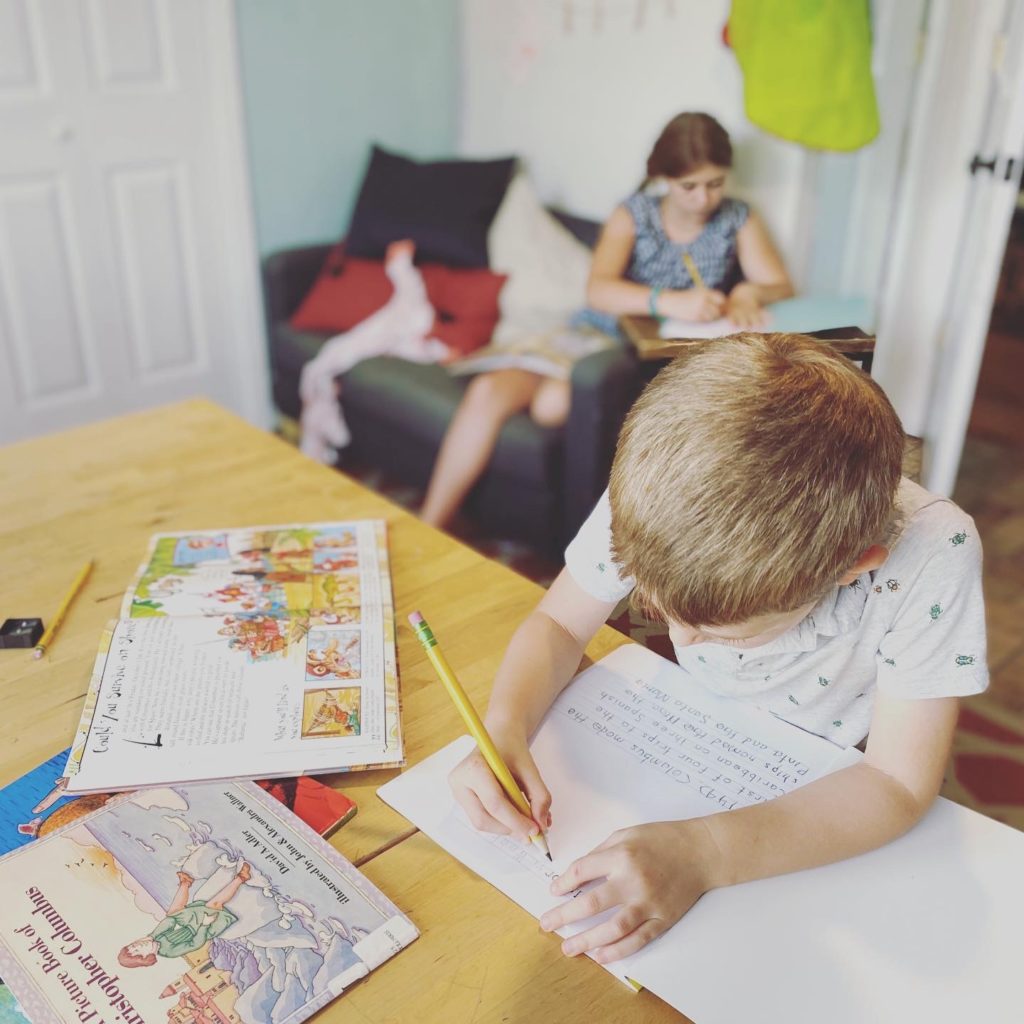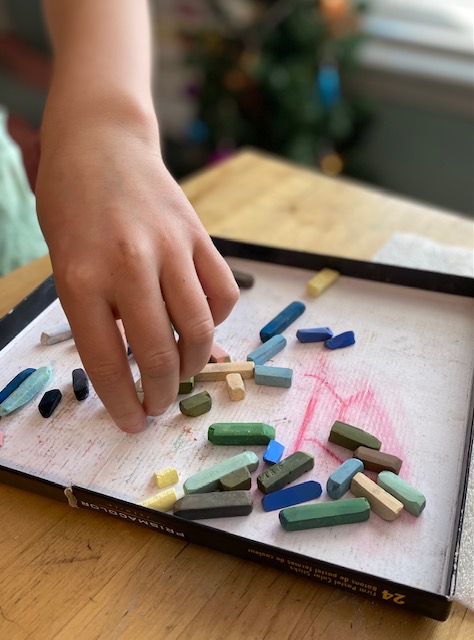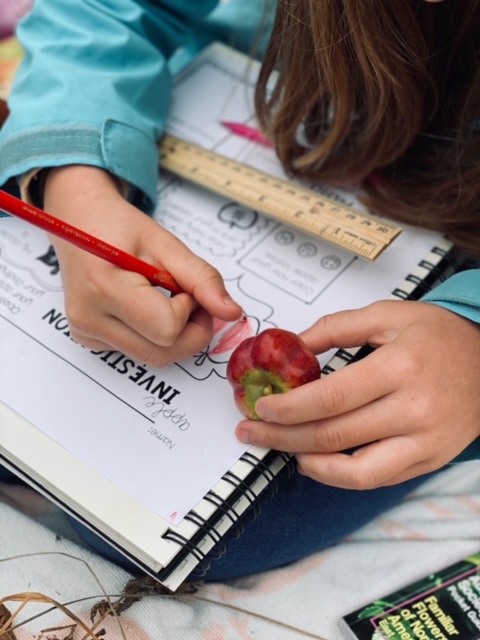The Cultivation of Wonder, Language and Virtue
During grades K-2, the larger educational aims are the cultivation of wonder and virtue. Students at these ages are naturally filled with wide-eyed wonder at the world, and need that wonder to be protected, cultivated, and extended. As younger children they are also the most receptive to acquiring virtuous habits of learning that will serve the rest of their lives. So while we will teach these students phonics, handwriting, reading, and arithmetic, we will be very intentional about developing them as passionate lovers of truth, goodness, and beauty, and showing them the natural world as a living museum full of wonders that delight the soul. We will also be intentional about cultivating virtue.
During these lower grammar years, it is also the ideal time to acquaint younger students with the pedagogical (teaching methods) wisdom of making haste slowly (festina lente), mastering a few things rather than lightly “covering” many (multum non multa). Students will learn the virtue of working wisely and well, but without anxiety and exhaustion. Students will focus on a core of three main arts: reading, writing, and arithmetic; additional study in music, fine art, Bible, and nature study will serve to season and delight but not overwhelm. The study of Latin vocabulary (and some conversational Latin) may also be lightly introduced.
Younger students also learn naturally and with delight by means of songs and chants, so we will teach important ideas and information with lots of singing and chanting. As students learn through all five senses, we will not merely speak truth to them, we will also embody our ideals by sight, sound, touch, smell, and taste. This means we will create meaningful rhythms, practices, routines, and traditions replete with beautiful images, music, and “liturgy.”
Students will not be given grades or assessments by the instructor; however, we will work with parents to monitor student growth and adjust the course activities in accordance with each child’s development.
Suggestions for end of term reflections and assessments and opportunities for community-wide Celebrations of Learning– either virtually or in-person- will be provided.


What will be provided...
- Term Book Lists (to reserve from your library)
- Bible Memory verse and song (1/term)
- Hymn and resource (1/term)
- Memory Work (geography, history. science, Latin, English grammar, math)
- Poetry Prompts (one poet studied per term)
- Picture Study and Art Prompts (one artist studied per term)
- Music Prompts and Listening Lists (one composer studied per term)
- Virtue resources (one per term)
- Additional resources and suggested hands on explorations for history, science and geography
- Tea Time plans, once per term
- Access to Schoology, easily accessible online platform for course content

